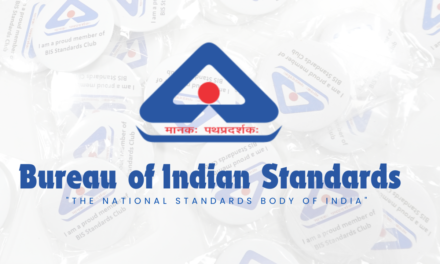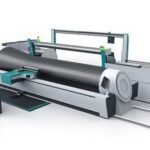Manufacturers of Clothing Adopt Eco-Friendly and Ethical Practices
The textile and apparel manufacturing industry is increasingly embracing eco-friendly and ethical practices to meet growing consumer demand for sustainable and responsible fashion. Manufacturers are adopting sustainable materials such as organic cotton, recycled polyester, and bio-based fibers to reduce environmental impact. For instance, companies like Reflo, a sustainable apparel brand based in England, produce sportswear using recycled plastic waste and coffee beans, aiming to plant one million trees by 2026.
In addition to material sourcing, manufacturers are implementing ethical labor practices, ensuring fair wages, safe working conditions, and transparency throughout the supply chain. Brands like R.M. Williams, an iconic Australian bootmaker, have achieved B Corp Certification, demonstrating their commitment to high social and environmental performance standards.
The industry is also focusing on circular fashion by designing garments for longevity, repairability, and recyclability, thereby reducing waste. Innovations in textile recycling and upcycling are gaining traction, with companies developing infrastructure to recycle synthetic textiles and encourage garment repair.
These initiatives reflect a broader movement within the fashion industry toward sustainability and ethical responsibility, driven by both consumer demand and regulatory pressures. Manufacturers adopting these practices are not only contributing to environmental conservation but also setting new standards for corporate responsibility in the apparel sector.







